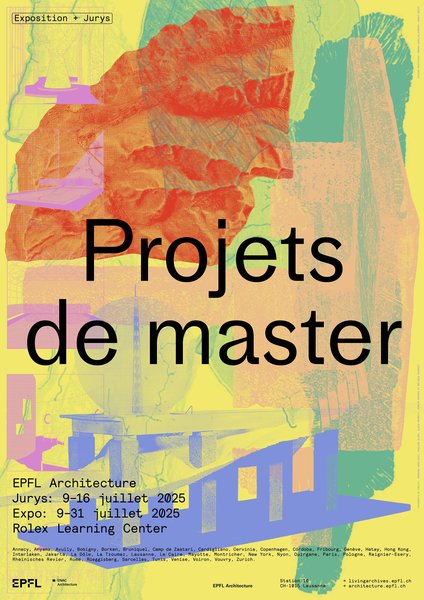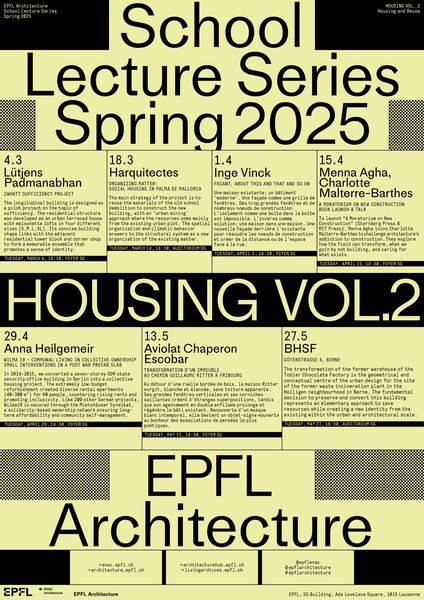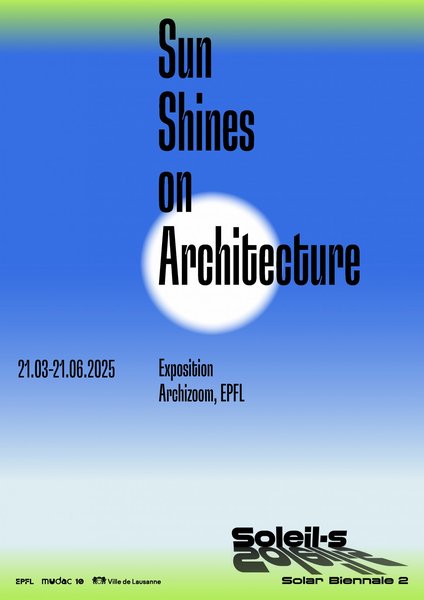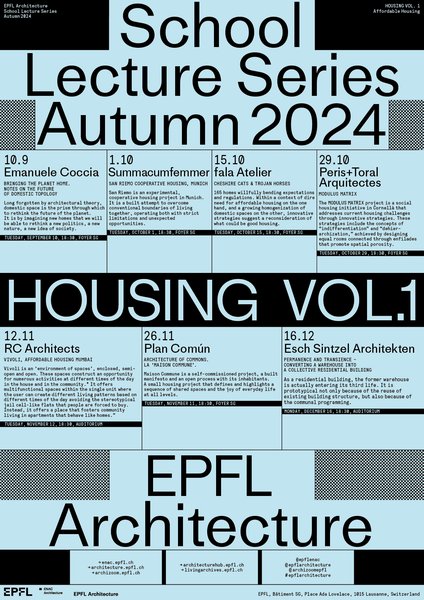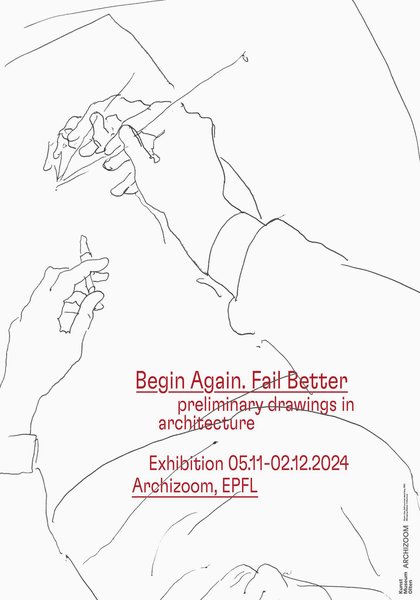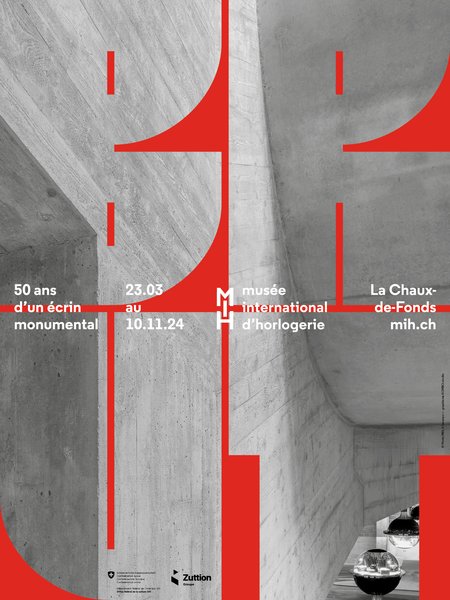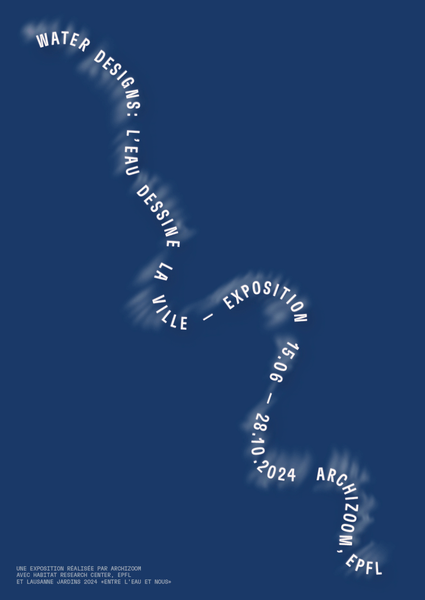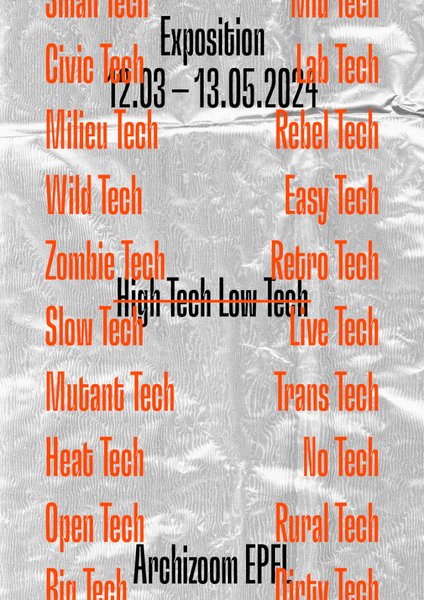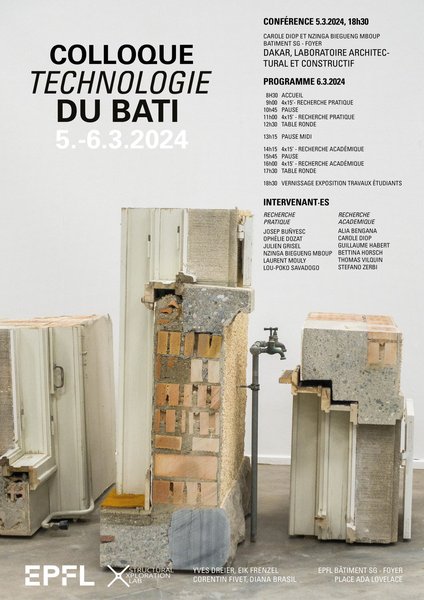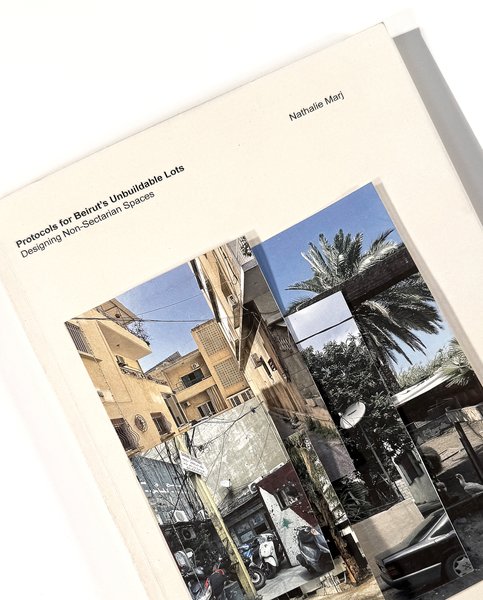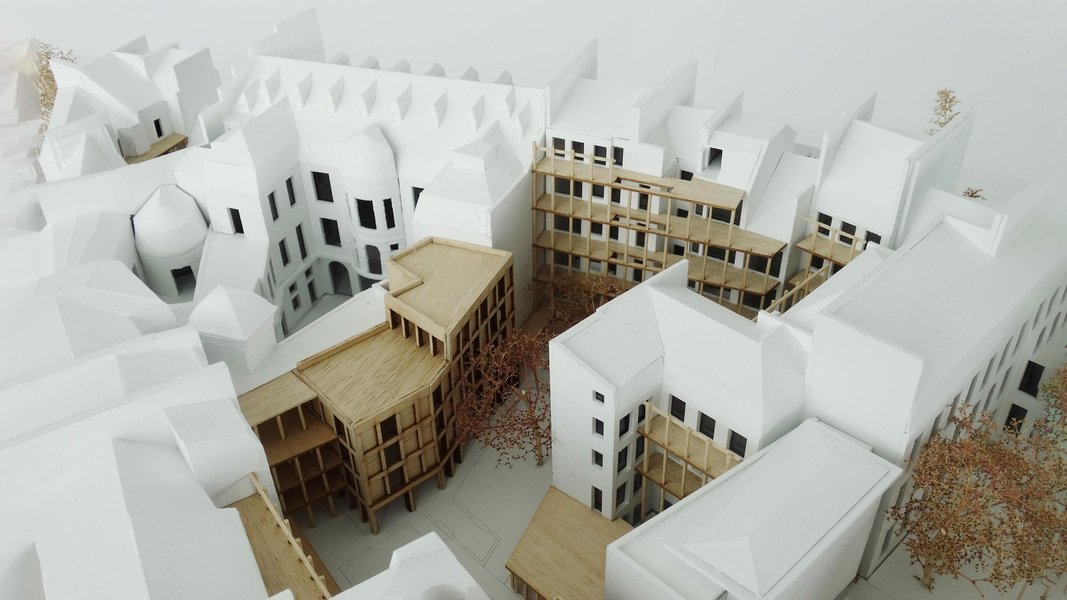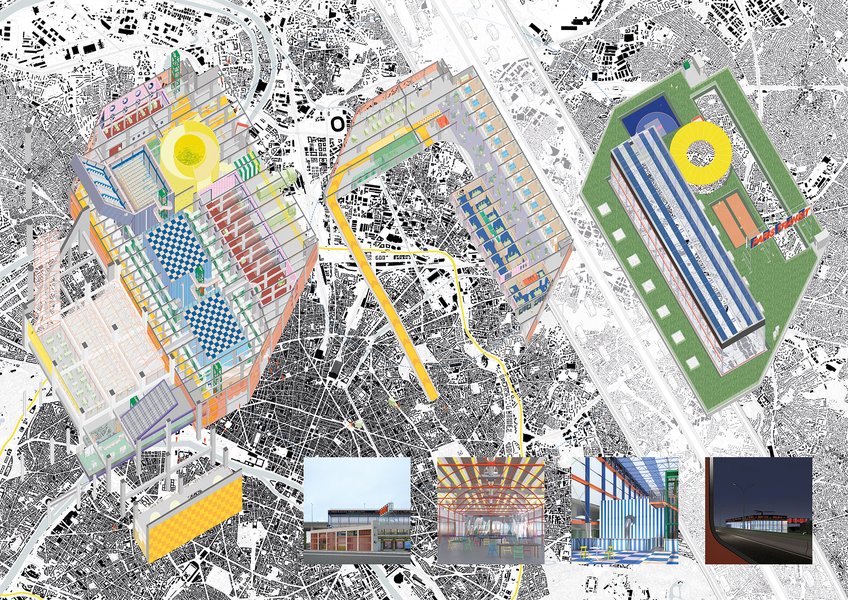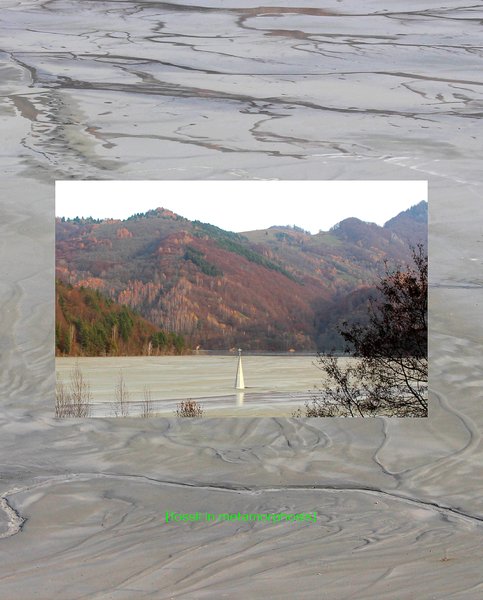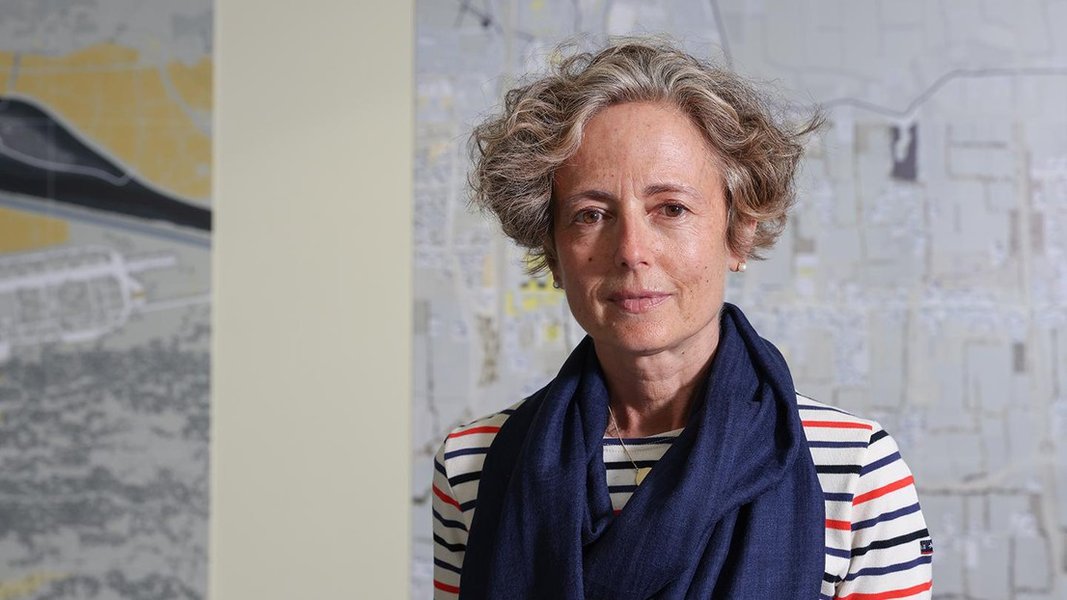Events





This session explores successful approaches to heritage preservation in Africa through the intersection of architectural research, conservation practice, and documentary filmmaking. It is the launch event of South North Lab (SoNo) at EPFL. Aziza Chaouni and Stephen Battle will present the collaborative rehabilitation and adaptive reuse of Old Fourah Bay College in Freetown, supported by international heritage organizations and SoNo Lab research. Filmmaker Barmmy Boy will preview his forthcoming documentary on the project. The session concludes with short films on African heritage and a discussion moderated by Akshar Gajjar.


Who develops, finances, and commissions architecture—and in whose interest? This lecture series examines the often-invisible forces that shape architectural production—the clients who commission, the contractors who build, and the capital flows that determine what gets realized. While architects are trained to focus on design, the political economy of construction is largely absent from architectural education—sustaining a disciplinary insularity that obscures architecture's deep entanglement with capital, labor, and power. Yet building is fundamentally contingent: dependent on forces beyond the designer's reach, shaped by actors whose decisions constrain and enable architecture far more than design intentions. The series invites scholars and practitioners …








